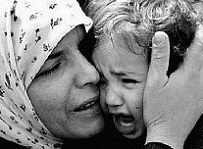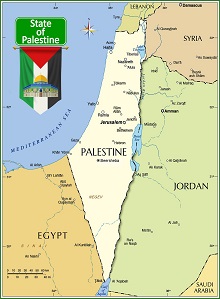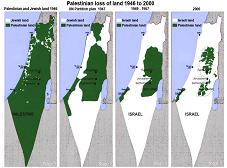 Putin: Using Al-Qaeda in Syria like sending Gitmo inmates to fight
Putin: Using Al-Qaeda in Syria like sending Gitmo inmates to fight
In an RT global exclusive premiere, President Putin gives his first post-inauguration interview, speaking in depth with RT’s Kevin Owen ahead of the APEC summit in Vladivostok. Touching upon a range of issues, he discusses topics from the Pussy Riot trial to the Julian Assange case, from the upcoming US elections to the situation in Syria.
RT: What I want to talk about first of all is the ongoing at the moment APEC summit. You'll be going there very shortly – in Vladivostok because it's the first time that Russia has held it, a prestigious event. But it always begs the question – what's actually achieved at these events, events like that, like the G8, G20? Now, though APEC is primarily an economic vessel, there's a lot of politics involved as well. And of course a lot of the key players including you, including America, a lot of key players disagree on some very key issues. I'm thinking about Syria, I'm thinking about missile defense, I'm thinking about Iran. Is there a danger that the politics may stifle, get in the way of the big economic deals that the very same key players are hoping to sign at this summit or at least talk about signing?
President Putin: That is true. But in fact – and you’ve just said it yourself – APEC was originally conceived as a forum for discussing economic issues. And as this year’s host country, we also intend to focus on economic and socio-economic challenges. APEC was originally established with the overall objective of liberalizing the global economy. And we intend to make this a key issue on the agenda in Vladivostok. When I invited our counterparts, five years ago, to meet for this forum particularly in the Russian Federation, my rationale was to acknowledge the importance of this area for Russia, given that two-thirds of Russia’s territory are located in Asia, and yet the bulk of our foreign trade – more than 50 percent – is with Europe, whereas Asia only accounts for 24 percent. Meanwhile, Asia is developing rapidly and intensively. You and I know it, and everybody knows it. Therefore, we are planning to focus primarily on economic challenges, transport, global food security and the task of liberalizing the global economy. It’s a well-known fact that the past year has seen a dramatic increase in the number of people affected by starvation, which has grown by 200 million. This means that 1 billion people worldwide are currently suffering from food shortages or famine. I believe this is the kind of issue that will be the focus of attention, along with a number of other challenges that are highly sensitive and significant for millions of people. As far as Syria and other hot spots are concerned – issues that are currently in the limelight – we will certainly address them in our deliberations at the forum, in bilateral discussions or otherwise. They won’t be overlooked.





